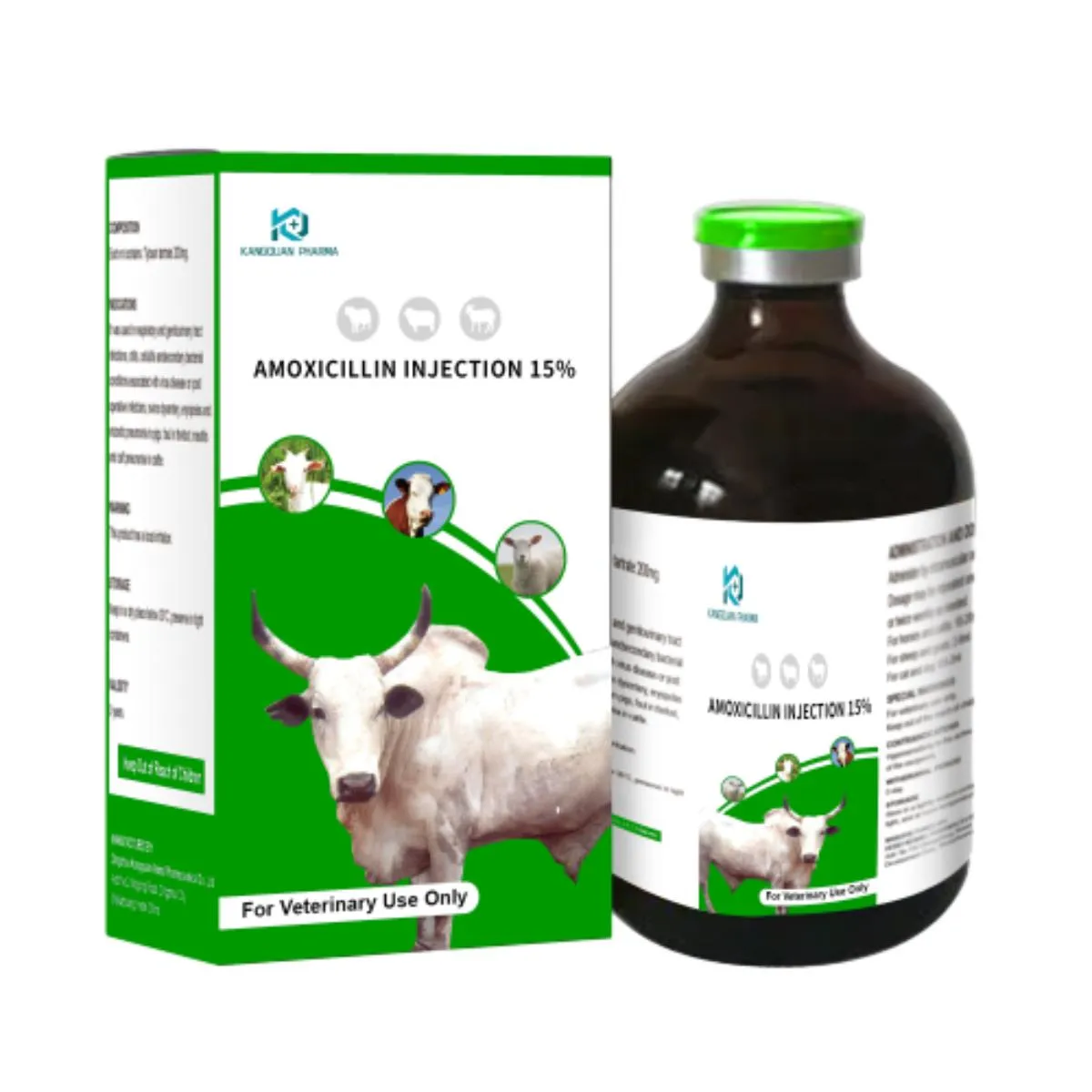- Afrikaans
- Albanian
- Amharic
- Arabic
- Armenian
- Azerbaijani
- Basque
- Belarusian
- Bengali
- Bosnian
- Bulgarian
- Catalan
- Cebuano
- Corsican
- Croatian
- Czech
- Danish
- Dutch
- English
- Esperanto
- Estonian
- Finnish
- French
- Frisian
- Galician
- Georgian
- German
- Greek
- Gujarati
- Haitian Creole
- hausa
- hawaiian
- Hebrew
- Hindi
- Miao
- Hungarian
- Icelandic
- igbo
- Indonesian
- irish
- Italian
- Japanese
- Javanese
- Kannada
- kazakh
- Khmer
- Rwandese
- Korean
- Kurdish
- Kyrgyz
- Lao
- Latin
- Latvian
- Lithuanian
- Luxembourgish
- Macedonian
- Malgashi
- Malay
- Malayalam
- Maltese
- Maori
- Marathi
- Mongolian
- Myanmar
- Nepali
- Norwegian
- Norwegian
- Occitan
- Pashto
- Persian
- Polish
- Portuguese
- Punjabi
- Romanian
- Russian
- Samoan
- Scottish Gaelic
- Serbian
- Sesotho
- Shona
- Sindhi
- Sinhala
- Slovak
- Slovenian
- Somali
- Spanish
- Sundanese
- Swahili
- Swedish
- Tagalog
- Tajik
- Tamil
- Tatar
- Telugu
- Thai
- Turkish
- Turkmen
- Ukrainian
- Urdu
- Uighur
- Uzbek
- Vietnamese
- Welsh
- Bantu
- Yiddish
- Yoruba
- Zulu
Dec . 16, 2024 03:09 Back to list
Essential Components of a Balanced Diet for Optimal Animal Nutrition
The Importance of a Balanced Diet in Animal Nutrition
A balanced diet is crucial for maintaining health and ensuring optimal growth in animals, just as it is for humans. In animal nutrition, a well-structured diet promotes not only the physical well-being of animals but also their productivity, reproductive health, and overall longevity. Understanding the components that constitute a balanced diet is essential for pet owners, farmers, and veterinary professionals alike.
What Constitutes a Balanced Diet?
A balanced diet for animals includes a variety of nutrients that play significant roles in their metabolic processes. These nutrients are generally categorized into six primary groups carbohydrates, proteins, fats, vitamins, minerals, and water.
1. Carbohydrates These are the primary energy source for animals. They are crucial for fueling metabolic processes and supporting daily activities. Carbohydrates can be sourced from grains, fruits, and vegetables, and they should make up a significant portion of an animal's diet.
2. Proteins Proteins are essential for growth, tissue repair, and the production of enzymes and hormones. They are made up of amino acids, some of which must be obtained from the diet. High-quality protein sources include meat, fish, eggs, and legumes.
3. Fats Healthy fats are vital for energy storage, the absorption of certain vitamins (A, D, E, and K), and maintaining healthy skin and coat. Omega-3 and omega-6 fatty acids are particularly important and can be derived from fish oils, seeds, and nuts.
4. Vitamins These are organic compounds necessary for various metabolic functions. Different species of animals require different vitamins, and deficiencies can lead to serious health issues. Ensuring that animals have access to a broad spectrum of vitamins can be accomplished through a varied diet.
5. Minerals Minerals like calcium, phosphorus, potassium, and trace elements are critical for bone formation, nerve function, and overall cellular health. The right mineral balance enhances an animal's wellbeing and productivity.
balanced diet in animal nutrition

6. Water Often overlooked, water is a vital nutrient. It is involved in almost every biological process, including digestion, absorption, circulation, and temperature regulation. Ensuring animals have access to clean, fresh water should always be a priority.
Tailoring Diets to Specific Needs
The nutritional requirements of animals can vary significantly depending on their species, age, size, activity level, and health status. For example, puppies and kittens have different nutritional needs compared to adult dogs and cats. Working animals may require higher energy diets to sustain their activity levels, while sedentary pets may need calorie-controlled diets to prevent obesity.
Farm animals also require specialized feeding strategies. Livestock such as cattle, pigs, and poultry often consume diets that are designed to maximize growth, milk production, or egg lay. These diets must be balanced and formulated based on the animals' life stage and production goals.
The Role of Nutrition in Animal Health
A balanced diet directly correlates with animal health and productivity. Malnutrition can lead to a wide array of health issues, including poor growth, low immunity, reproductive failures, and chronic diseases. For example, calcium deficiency can cause bone deformities in growing animals, while excessive protein can lead to kidney issues. Regular health check-ups, combined with an understanding of nutrition, can prevent such ailments.
Moreover, recent trends in pet ownership and animal husbandry emphasize the importance of using high-quality, natural ingredients in animal diets. There is a growing awareness among consumers regarding the benefits of holistic nutrition and its impact on the overall quality of life for pets and livestock.
Conclusion
A balanced diet is foundational for the health and well-being of animals. It enhances not only their physical health but also their productivity and longevity. Proper nutrition, tailored to the specific needs of different species and life stages, is essential in preventing health issues and promoting optimal growth and reproduction. As we continue to learn more about animal nutrition, it remains vital for pet owners, farmers, and veterinarians to prioritize a balanced diet in their care routines. Investing time and resources into proper nutritional practices will yield significant benefits, leading to healthier, happier animals.
-
Guide to Oxytetracycline Injection
NewsMar.27,2025
-
Guide to Colistin Sulphate
NewsMar.27,2025
-
Gentamicin Sulfate: Uses, Price, And Key Information
NewsMar.27,2025
-
Enrofloxacin Injection: Uses, Price, And Supplier Information
NewsMar.27,2025
-
Dexamethasone Sodium Phosphate Injection: Uses, Price, And Key Information
NewsMar.27,2025
-
Albendazole Tablet: Uses, Dosage, Cost, And Key Information
NewsMar.27,2025













